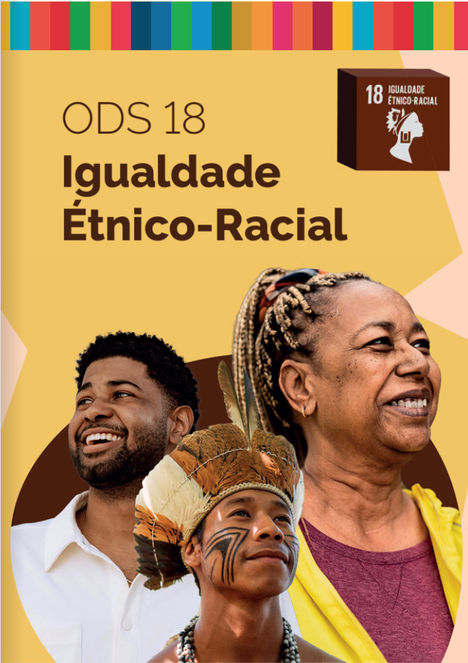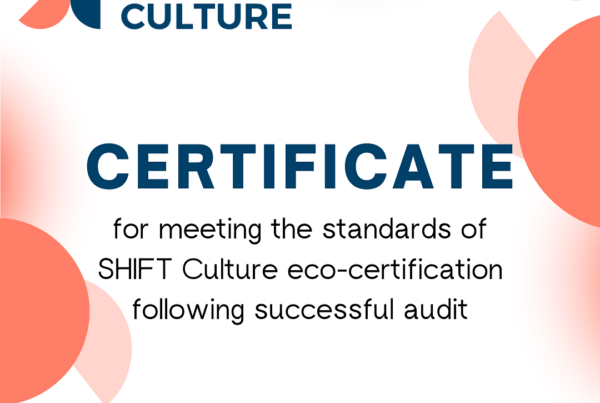Thinking about the global dimension of ASSITEJ, it’s interesting to realise that discussions about sustainability and the UN’s Sustainable Development Goals (SDGs) can present different nuances according to each context. The 30th Conference of the Parties (COP) to the ‘United Nations Framework Convention on Climate Change’ will be held in the Brazilian Amazon in November 2025. This demonstrates an unprecedented global movement where people in different socio-economic, political and cultural realities, and from different worldviews, are using this narrative of which is the 2030 Agenda, translating it into their territories in the search for another future for the planet, and engaging in dialogue with local demands.
Considering that racism is a structural element of Brazilian society and that this issue is not adequately addressed in the 2030 Agenda framework, Brazil voluntarily adopted SDG 18 – Ethnic-Racial Equality with the aim of eliminating racism against indigenous peoples, Afro-descendants and other population groups affected by multiple forms of discrimination and exclusion and promoting ethnic-racial equality. SDG 18, proposed by the Brazilian government, has 10 targets that deal with the elimination of racism in the workplace, all forms of violence and xenophobia; guaranteeing access to justice, representation, adequate housing, health care and quality education; autonomy and self-determination; and the right to memory, truth, justice and reparation for Indigenous peoples and Afro-descendants. More information can be found on the SDG 18 – Ethnic-Racial Equality website, which is available at https://www.gov.br/igualdaderacial/pt-br/assuntos/ods18, and in MIR Report No. 5, Oct. 2024 – Edition SDG 18 – Ethnic-Racial Equality.






